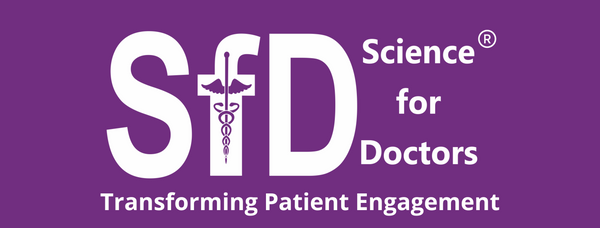
Exploring the Intersection of Neurology and AI: Transforming Brain Health
Share
The field of neurology, dedicated to understanding the intricate workings of the brain and nervous system, is undergoing a profound transformation thanks to advancements in artificial intelligence (AI). As we delve into this exciting intersection, we’ll explore how AI is enhancing neurological research, diagnosis, and treatment.
The Power of AI in Neurological Research
AI’s ability to analyze vast amounts of data at lightning speed is revolutionizing research in neurology. Traditionally, studying neurological disorders like Alzheimer’s, Parkinson’s, and multiple sclerosis required painstaking manual analysis of patient data, brain scans, and genetic information. Today, machine learning algorithms can identify patterns and correlations that might go unnoticed by human researchers.
For instance, AI models can analyze MRI scans to detect early signs of neurodegenerative diseases, often years before symptoms appear. This early detection is crucial for effective intervention and can significantly improve patient outcomes.
Enhancing Diagnosis and Treatment
Accurate diagnosis in neurology can be challenging due to the complexity of symptoms and overlapping conditions. AI is proving invaluable in this arena by aiding in diagnostic processes. For example, AI algorithms can assist neurologists in interpreting EEG data, identifying abnormal brain activity patterns associated with epilepsy or sleep disorders.
Moreover, personalized treatment plans are becoming more feasible with AI. By analyzing data from various sources—genetic, clinical, and lifestyle—AI can help tailor interventions to individual patients. This approach not only increases the likelihood of treatment success but also minimizes potential side effects.
AI in Neurorehabilitation
The rehabilitation process for neurological conditions often requires a tailored approach to therapy. AI-powered applications are emerging to support patients in their recovery journeys. Virtual reality (VR) and AI-driven platforms are being utilized to create immersive environments for patients recovering from strokes or traumatic brain injuries. These technologies can simulate real-world scenarios, promoting cognitive and physical rehabilitation through engaging and interactive exercises.
Ethical Considerations and Challenges
While the integration of AI in neurology presents exciting possibilities, it also raises important ethical considerations. Issues such as data privacy, consent, and the potential for algorithmic bias must be addressed to ensure equitable access and outcomes for all patients. Additionally, as AI tools become more prevalent in clinical settings, there’s a need for ongoing training for healthcare professionals to effectively interpret and utilize AI-generated insights.
The Future of Neurology and AI
As we look ahead, the collaboration between neurology and AI is poised to grow even more robust. Ongoing advancements in AI technologies—such as natural language processing and predictive analytics—hold the potential to further enhance our understanding of complex neurological conditions.
In conclusion, the intersection of neurology and AI is not just a trend; it’s a transformative movement that is reshaping how we approach brain health. By harnessing the power of AI, we can improve diagnostic accuracy, personalize treatments, and ultimately enhance the quality of life for those affected by neurological disorders. As we continue to explore this exciting frontier, the possibilities for innovation and improved patient care are limitless.
